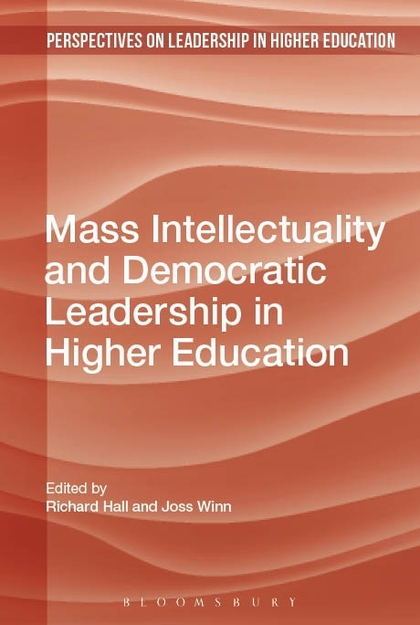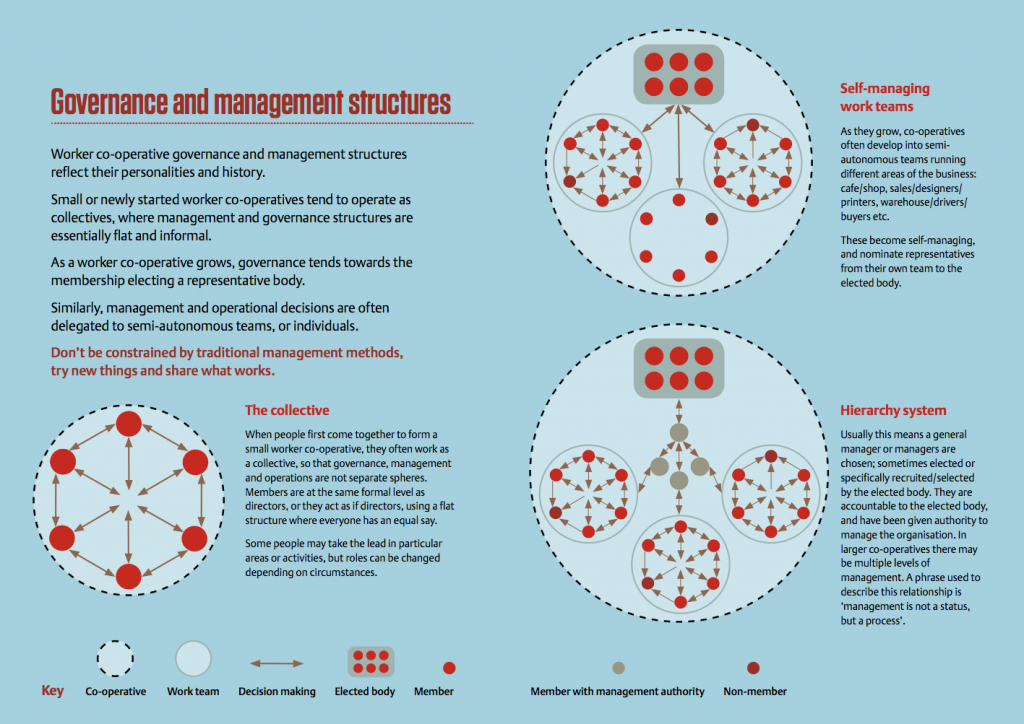Below is an extended pre-print of a book review for Power and Education journal. The first half talks directly about the book; the remainder tries to offer a critical response.
Rudd, Tim and Goodson, Ivor F. (Eds.) (2017) Negotiating Neoliberalism. Developing Alternative Educational Visions. Rotterdam: Sense Publishers.
This book, comprised of 13 peer-reviewed chapters, presents a coherent understanding of neoliberalism as an ideological project, the ways in which it is made manifest in all areas of formal education, and the need to develop conceptual and practical alternatives that serve humanity rather than the economy. The focus of the book is equally weighted between discussions of compulsory and higher education and similarly balanced between theoretical and empirical scholarship and research. In addition to the thematic coherence of the chapters, most of the authors engage with Goodson’s framework of ‘The five R’s of educational research’ (2015): Remembering, regression, reconceptualization, refraction, and renewal. In their introduction to the book, editors, Rudd and Goodson, extend this to ‘six R’s’ with the addition of resistance.
This framework serves the book’s authors well. For example, Mike Hayler argues that formative assessment can be combined with the principles of critical pedagogy to resist data-driven target-setting and similarly, Peter Humphreys proposes a more personalised education that is “invitational” and wholly democratic. Ingunn Elisabeth Stray and Helen Eikeland Voreland employ refraction to study UNESCO’s Education For All project through the cases of Norway and Nepal and conclude that the project is in danger of becoming “an exercise of political violence” that needs to become more sensitive to national and cultural contexts.
Two chapters in the book combine remembering with renewal through the theme of co-operative education. Following a brief history of co-operative education in the context of neoliberalism, Tom Woodin’s chapter discusses an in-school co-operative of more than 80 students who provide peer-support to other students in a variety of subjects. The experience of setting up and running the co-operative has introduced a sense of solidarity and collective purpose among its members. This small example of constituting social relationships differently within a neoliberal context is in itself an education in the possibility of alternatives that can be expanded both within and outside the education system. Co-operatives, argues Woodin, offer a form of “structural innovation” that is capable of proliferating and maintaining a sense of social struggle. John Schostak’s chapter extends this argument by acknowledging the recent movement of co-operative schools in the UK but recognising that without radical changes at the level of the curriculum, there is the “ever present danger of simply reproducing” the status quo. Schostak persuasively argues that the practice of co-operation is itself a form of collective education out of which a curriculum of learning emerges, based on the practice of democracy. The institutional forms that arise from the practice of democracy, solidarity and equality are themselves the subject of study as much as they are the object of collective management.
Richard Hall focuses on academic labour within UK higher education, discussing the influence of ‘human capital theory’ on the way in which the labour of academics is being valorised. What makes the chapter interesting is the way in which he provides a close reading of Marx through which he exposes human capital theory as a theory of productivity that is made manifest in the intensification of labour time. This now operates in policy and in practice inside higher education and elsewhere. Hall’s response is to work against this reconceptualization of academic labour by advocating solidarity inside and outside universities so that academic labour, including that of students, is recognised as having the same fundamental characteristics as other forms of labour and is therefore subject to the same crises of capitalism that are the focus of other social movements. Hall is not arguing for the militant defence of academic labour, but to see it for what it is: wage labour subject to the alienation of the capitalist valorisation process, and as such should be abolished. Resistance to the processes of work intensification are all the while necessary, but the discovery of new forms of social solidarity and large scale transformation (rather than reformation) of political economy are the end goals.
A chapter which shares a key critical category with Richard Hall’s is that of Yvonne Downs, who focuses on the difficult concept of ‘value’. She argues that “little is known about the value of higher education at all” (59) and offers critiques of two prevalent discourses: financialization and ‘privileged intrinsicality’. Financialization reduces everything to a single logic of financial value either in terms of individual income or public savings. Privileged intrinsicality is a nostalgic response to financialization that views education as being valuable in and of itself. Like financialization, it reduces the value of higher education to a single logic of value, only this time, non-financial and ultimately grounded in a particular (liberal) morality. To counter each of these discourses, Downs proposes a form of ‘refraction’ that understands how individual forms of value are always embedded in dominant cultures of valuation. This conception of value as an ongoing process of (e)valuation is referred to as ‘lay normativity’, defined as “that which already and actually matters to people.” (67) This is a reflexive and pragmatic conception of value that is irreducible to a single hegemonic logic and asserts this process of individual and class-based (e)valuation as an expression of agency.
Returning to Rudd and Goodson’s six-point framework for research, they illustrate in their concluding chapter that it takes into account supra, macro, meso and micro levels of analysis, positioning the most abstract level of analysis at the top of the ‘axes of refraction’ (i.e. supra). However, in my view, this methodological separation of the abstract (ideology) from the concrete (individuals) has real, practical consequences in terms of the sixth ‘R’ of resistance. What, exactly, are we resisting? Is it, for example, the supra structures of neoliberalism or the micro agency of Chief Executives? Stephen O’Brien’s chapter on Resisting Neoliberal Education further illustrates this dilemma, where he writes about resisting “these neoliberal times”, resisting a loss of freedom to “an all-consuming capitalism”, and resisting the neoliberal “paradigm”. All of the chapters in the book show a concern with the concrete, qualitative specificity of neoliberalism as well as recognising its abstract nature, which suggests we need a methodology that reveals their inherent unity. One complementary approach is to employ Marx’s dialectical epistemology, which is the basis for his method of “rising from the abstract to the concrete”. For Marx, “the concrete is concrete because it is the concentration of many [abstract] determinations, hence unity of the diverse.” (Marx, 1993, 101)
This approach is compatible with Rudd and Goodson’s framework but suggests that the technologies of neoliberalism are the ‘concentration’ of the fundamental (i.e. determinate) categories of capitalism. As a historically specific expression of capitalism (Clarke, 2004), a critique of neoliberalism requires us to understand and work with the analytical categories of critical political economy and in doing so recognise that capitalist society is structured by a quasi-autonomous developmental logic (Postone, 1993) whereby socially constructed abstractions have real, determining, concrete existence and power over people. This logic is laid out in the first chapter of Capital (1976) in Marx’s exposition of the value-form of commodities. It is a form of social domination that extends across all levels of analysis, from supra to micro, and, critically, is given substance and mediated by “the two-fold character of labour according to whether it is expressed in use-value or exchange-value” (Marx, 1987, 402). It is his unique discovery of the dual character of labour in capitalism (and therefore the possibility of its abolition) that fully establishes Marx’s mature work as a theory of emancipation.
Discussions of ‘neoliberal education’ tend to focus on concrete expressions of capitalism (e.g. policy, performativity or professionalism) while rarely engaging with its fundamental categories (e.g. labour, value, capital), let alone being grounded in them (Hall and Downs’ chapters are notable exceptions). As Moishe Postone has argued (1993), one of the problems with this approach is that anti-capitalist efforts to resist the concrete features of neoliberalism tend to be both dualistic and one-sided; they identify capital with its manifest expressions (its concrete appearance rather than essence) and in the act of resistance (e.g. violence, refusal) further hypostasize the concrete while overlooking the fundamentally dialectical nature of capitalism’s social forms and therefore allowing its abstract power to persist unchallenged (Postone, 1980). Thus, efforts to assert an identity and ethic of professionalism, the dignity of useful labour, or indeed, create oppositional alternatives, can themselves be seen as a form of reification which tends to lead to “an expression of a deep and fundamental helplessness, conceptually as well as politically.” (Postone, 2006).
This suggests that the real power of capitalism/neoliberalism is not in the structures of its institutions or the agency of certain individuals to discipline others or undertake acts of resistance, but rather in the impersonal, intangible, quasi-objective form of domination that is expressed in the form of value, the substance of which is labour. What distinguishes this approach from debates that dissolve into metaphysics and morality is that Marx’s category of value refers to a historically specific (i.e. contingent) form of social wealth. As today’s dominant form of social wealth, the form of value as elucidated by Marx (1978) offers the ability to render any aspect of the social and natural world as commensurate with another to devastating effect. The urgent project for education is therefore to support the creation of a new form of social wealth, one that is not based on the commensurability of everything, nor the values of a dominant class, but on the basis of mutuality and love: ‘From each according to their abilities, to each according to their needs.’
References
Clarke, Simon (2004) The Neoliberal Theory of Society. In Saad-Filho, Alfredo and Johnston, Deborah (Eds.) Neoliberalism. A Critical Reader. Pluto Press.
Goodson, Ivor F. (2015) The five Rs of educational research, Power and Education 7 (1) 34 – 38
Marx, Karl (1993) Grundrisse, Penguin Classics.
Marx, Karl (1978) The Value-Form, Capital and Class, 4: 130-150.
Marx, Karl (1976) Capital, Penguin Classics.
Marx, Karl and Engels, Frederick (1987) 1864-68, Letters, Marx and Engels Collected Works Volume 42. Lawrence and Wishart Ltd.
Postone, Moishe (2006) History and Helplessness: Mass Mobilization and Contemporary Forms of Anticapitalism, Public Culture, 18 (1) 93-110.
Postone, Moishe (1993) Time, Labour and Social Domination, Cambridge.
Postone, Moishe (1980) Anti-Semitism and National Socialism: Notes on the German Reaction to “Holocaust”, New German Critique, 19 (1) 97-115.
 Due out in August 2017…
Due out in August 2017…
